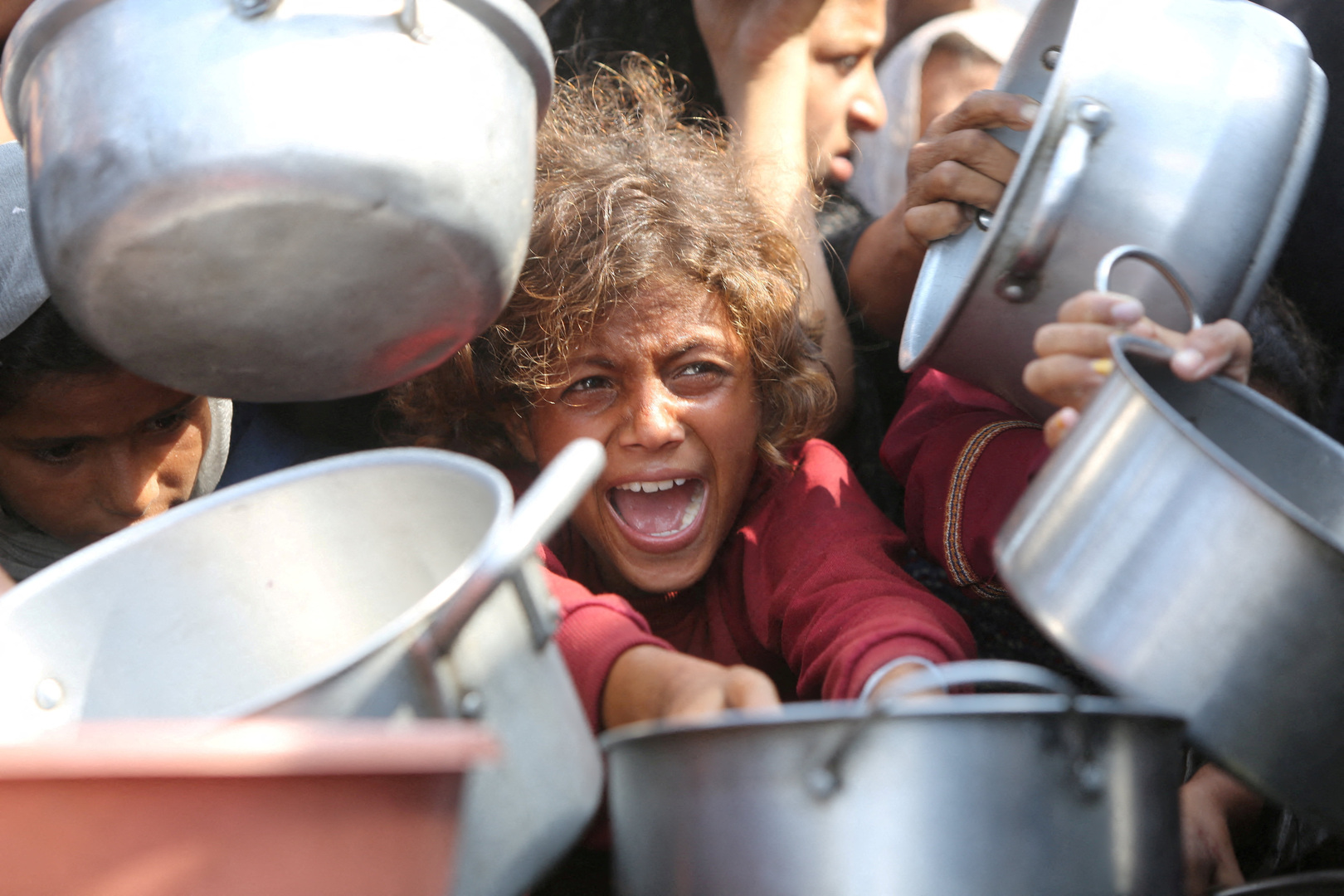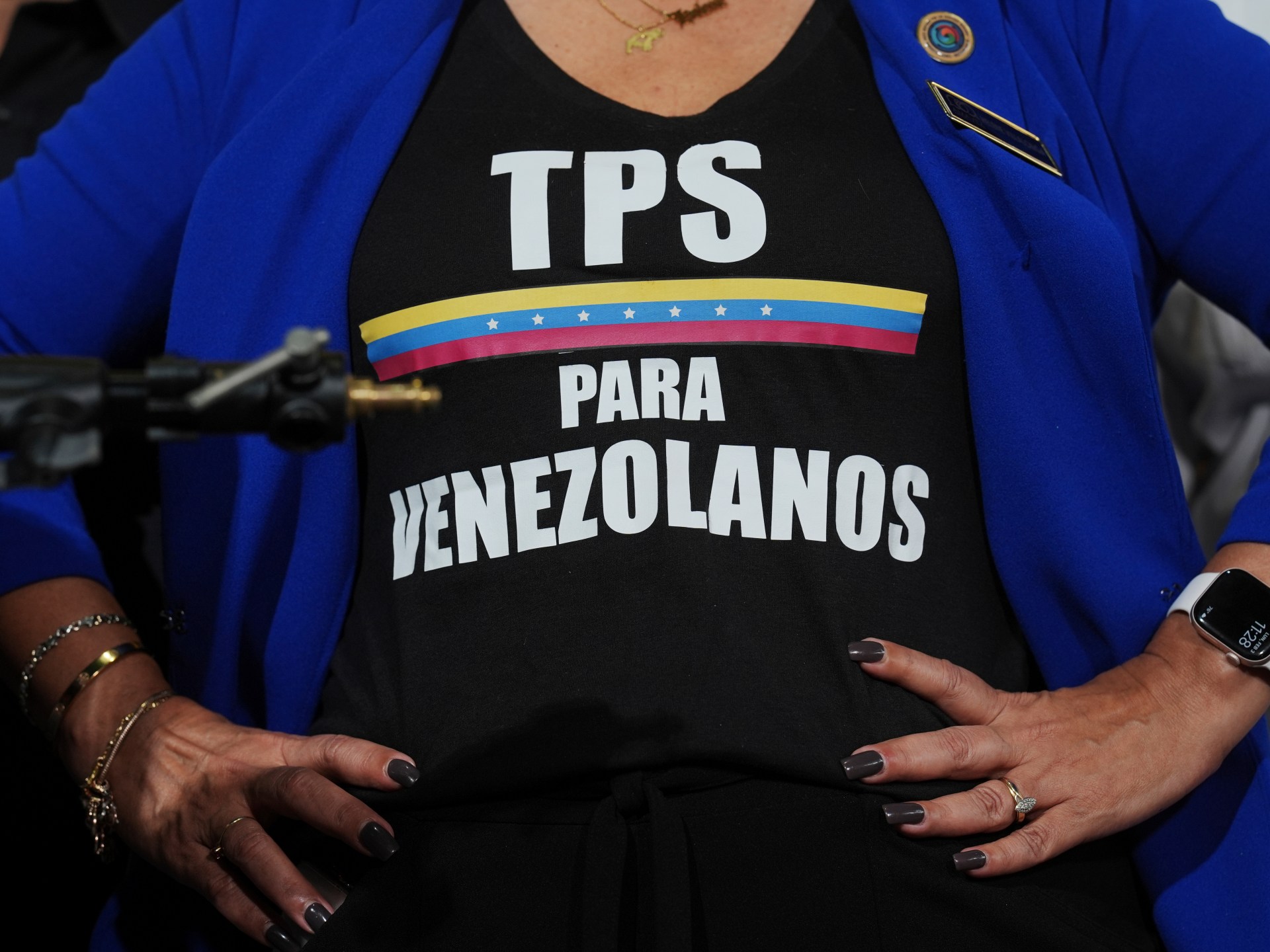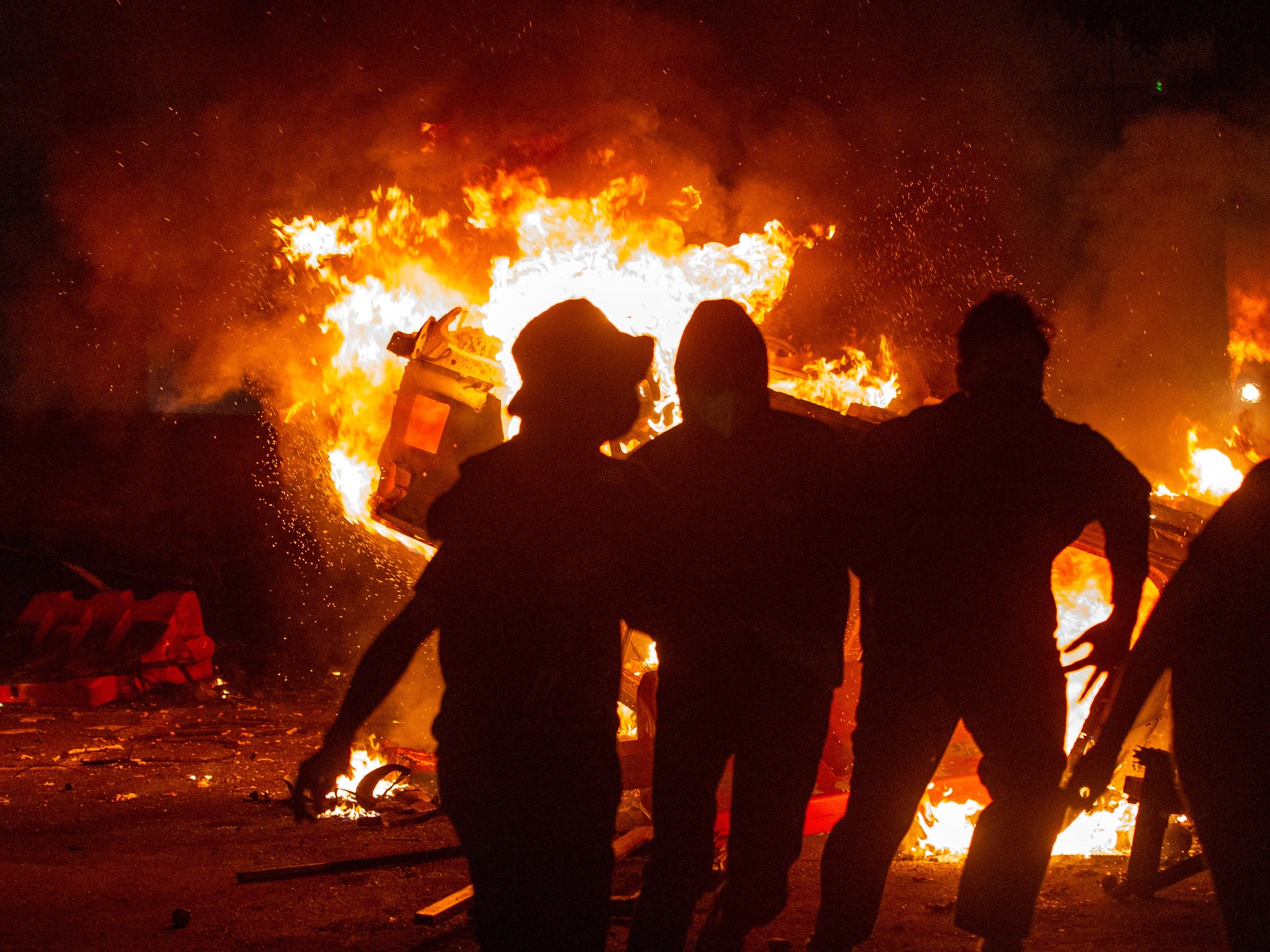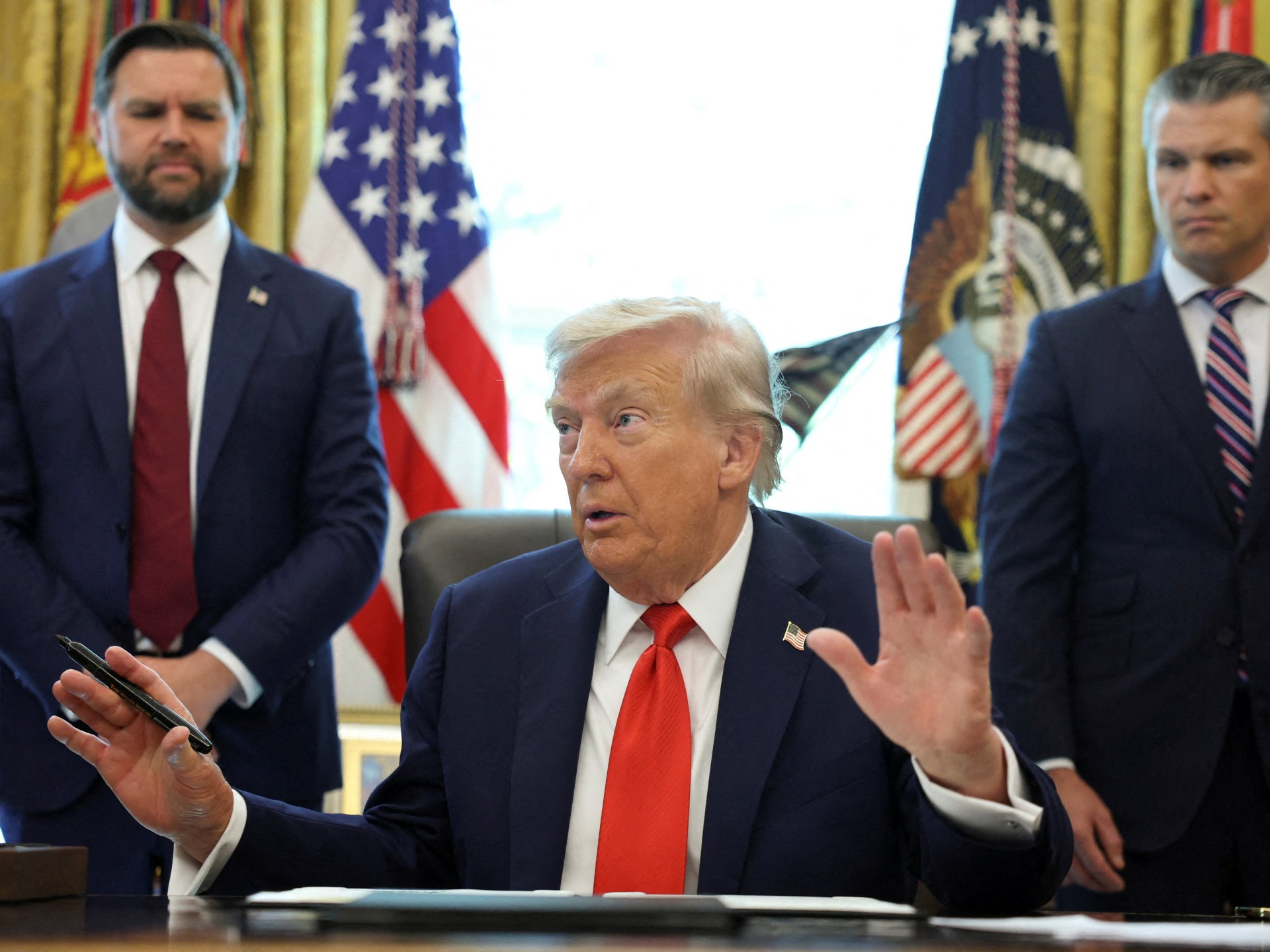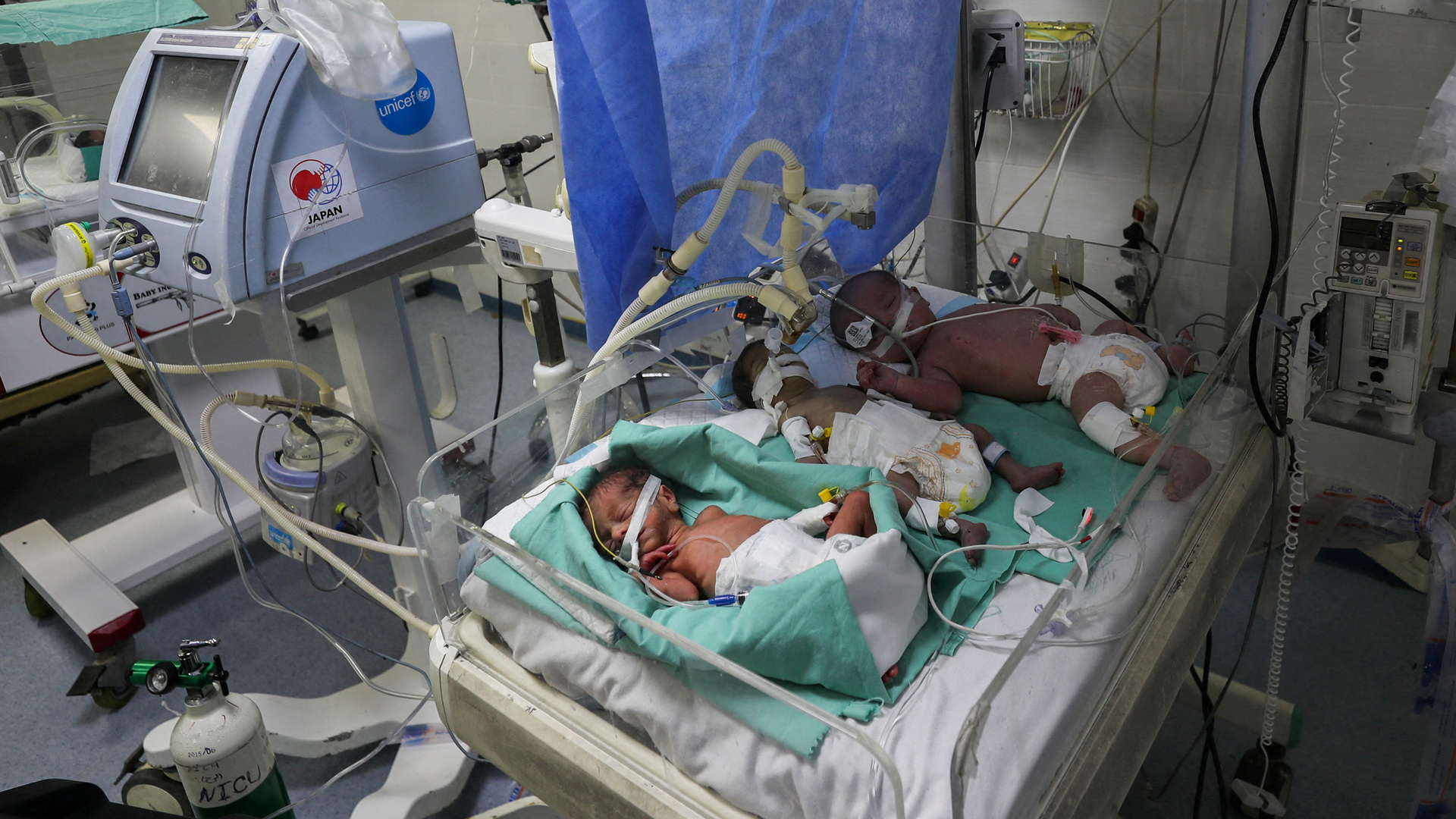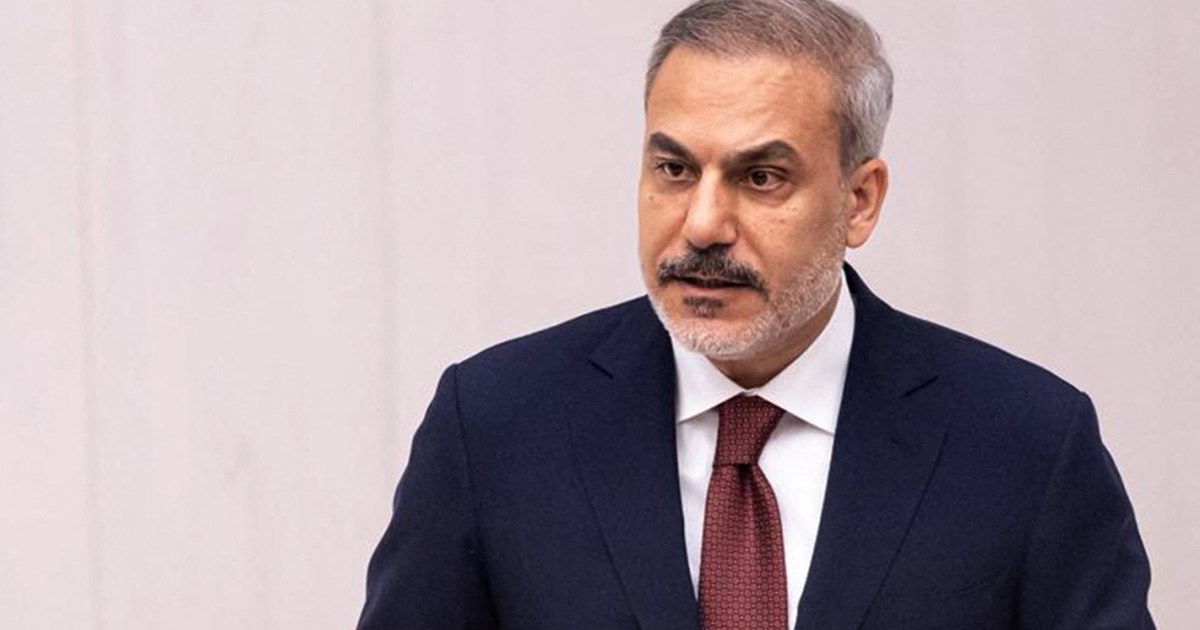In protest of the Gaza war, Turkish Foreign Minister Hakan Fidan claimed that his country has completely cut ties with Israel and that its airspace has been closed to its aircraft.
Fidan claimed that Israel has been “committing genocide in Gaza for the past two years, disregarding basic humanitarian values right before the world’s eyes” at an extraordinary session of the Turkish parliament on Friday.
In May of last year, Turkiye cut off Israeli trade with Israel and demanded an immediate ceasefire and the influx of humanitarian aid. The two nations traded $7 billion in 2023.
President Recep Tayyip Erdogan, along with many other world leaders and influential human rights organizations, has compared Israel’s occupation of Gaza to Adolf Hitler, the leader of Nazi Germany, and has made no mince words about it.
“We have completely stopped trading with Israel.” Turkish ships are not permitted to dock in Israeli waters. Their planes cannot enter our airspace, according to Fidan.
The Turkish foreign minister’s condemnation comes amid years of the two countries’ increasingly tense relations, according to Resul Serdar from Al Jazeera.
Turkiye gradually perceives Israel as a threat to national security, Serdar explained, noting that Israel’s expansionism and attacks on the wider Middle East have raised questions.
After the devastation of a 14-year civil war and Bashar al-Assad’s removal last December by a lightning rebel offensive, Ankara has accused Israel of wilfully undermining the country’s recovery efforts in Syria.
According to him, “diplomats in Ankara are seeing that if Israel isn’t stopped, these two nations might engage in direct military hostility.”
Serdar added that in spite of the United States’ and the European Union’s largely unwavering support for Israel, the comments from the Turkish foreign minister also demonstrate that Turkiye is looking to the Global South and other countries for action.
No official statement was made, but a report from Turkish media last week claimed that an Israeli-related maritime traffic ban had been implemented. According to reports, Turkish-flagged ships were prohibited from docking in Israeli ports and Israeli vessels were prohibited from docking there.
Like pariahs,
According to Akiva Eldar, an Israeli political analyst, Turkiye’s most recent move is making “more and more Israelis feel the drawbacks of this kind of war that has no deadline.”
Turkey has decided to end its relationship with Israel, not just another nation. Turkey has long been an Israeli ally and has a significant market for Israeli goods, Eldar said in an interview from Kiryat Shmona.
Israelis feel isolated and [like] pariahs, according to the group. More and more nations and businesses have opted to halt operations with Israel.
Israeli President Isaac Herzog’s plane was denied entry to Turkiye’s airspace last November after Turkish authorities blocked its entry to Azerbaijan’s international summit.
Erdogan later responded to a question about the incident by saying, “As Turkiye, we must take a position on some issues.”
Following Israel’s deadly attack on a Gaza-bound aid flotilla, which resulted in the deaths of 10 Turkish citizens, the relationship between Israel and Turkiye had already deteriorated since 2010.
